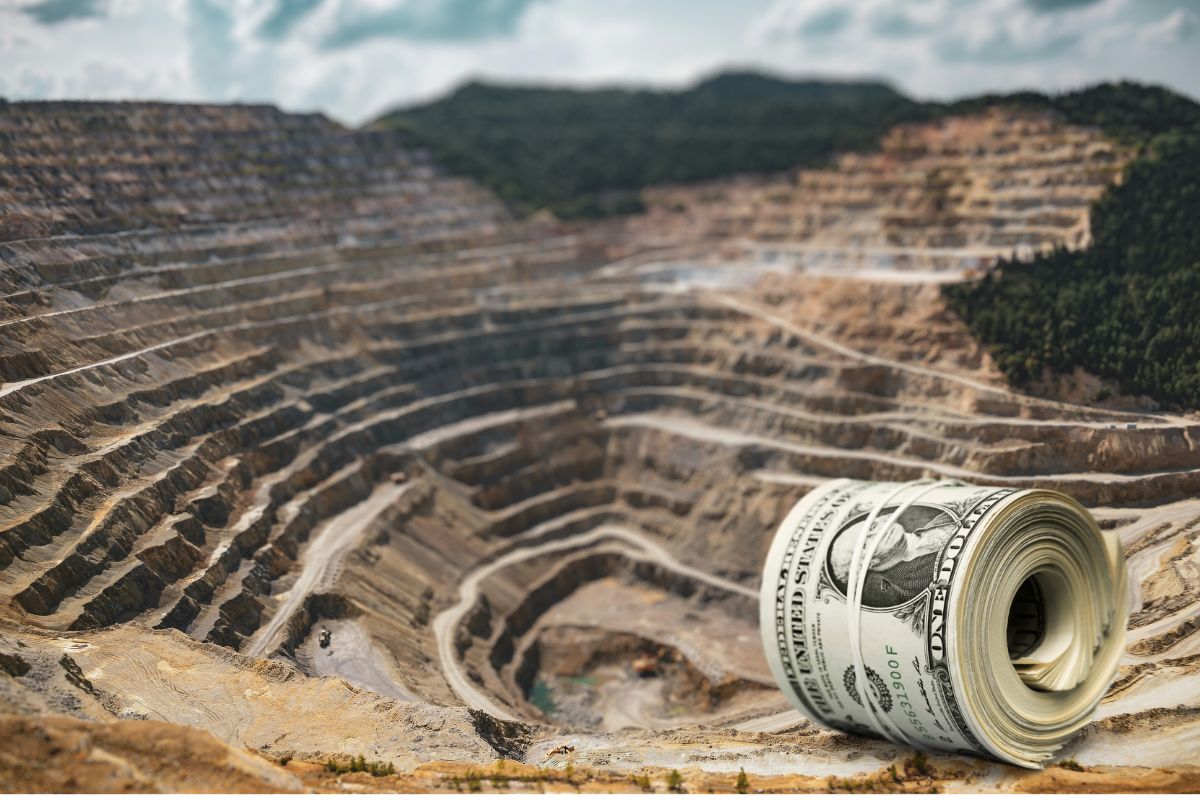The two countries will coordinate investment, permitting, and stockpiling measures to diversify supply chains.
U.S. President Donald Trump and Japanese Prime Minister Sanae Takaichi signed a framework agreement in Tokyo on Tuesday to deepen cooperation on the mining and processing of critical minerals, including rare earth elements. The deal aims to secure supplies for key industries and reduce dependence on China, which dominates global processing capacity.
According to the text released by the White House, both sides intend to mobilize government and private-sector funding for new mining and processing projects, using grants, loans, guarantees, or equity participation. The agreement also outlines plans for financial support within six months for selected projects that will produce end products such as permanent magnets, batteries, catalysts, and optical materials for buyers in the U.S., Japan, and partner countries.
A new response group, led by the U.S. Secretary of Energy and Japan’s Minister of Economy, Trade, and Industry, will identify vulnerabilities and coordinate supply resilience measures. The framework also provides for streamlined permitting, cooperation on recycling technologies, and consideration of complementary stockpiling systems.
The deal with Japan follows a similar critical minerals agreement signed during Trump’s current Asia visit with Malaysia, as well as other trade deals with Cambodia, Thailand, and Vietnam ahead of his scheduled meeting with China’s President Xi Jinping on Thursday at the APEC summit in South Korea.
Photo: Vlad Chețan, Billion Photos via Canva, montage rawmaterials.net

